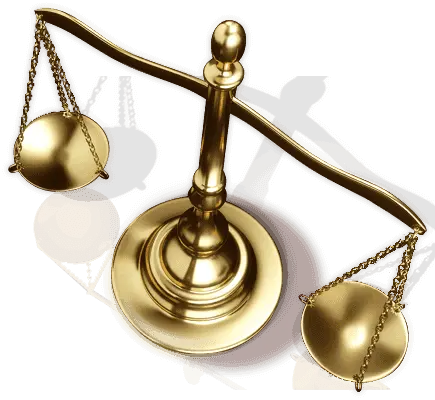Inheritance law in Bosnia and Herzegovina - Law office
The law office in the field of representation in inheritance law performs representation in inheritance procedure. The inheritance procedure is a type of procedure that needs to be conducted after the death of a person (testator). Initiation of the inheritance procedure is performed before a municipal court in the Federation, or before a notary as a court commissioner. It is initiated ex officio as soon as the court learns that a person has died, either at the request of a party in person or through a lawyer as a power of attorney.
In the inheritance procedure itself, the decision determines who the testator’s heirs are, what constitutes the testator’s estate, and what other rights regarding the estate belong to his/her heirs, legatees and other persons. If the legal heirs have information about the subsequently found property (it is the property that was not discussed by the decision on inheritance or that was not known to the heirs during the procedure), then it will be necessary to submit a proposal to the court for a supplementary decision.
Related articles: The right of foreigners to real estate in Bosnia and Herzegovina
Frequently Asked Questions about the Inheritance law in Bosnia and Herzegovina
Question: What is determined in the
inheritance procedure in Bosnia and Herzegovina?
Lawyer: The inheritance hearing in BiH is held before a court or a notary as a court
commissioner. In the inheritance procedure in BiH, the composition of the estate, the
heirs behind the deceased and the rights that belong to respective heirs should be
determined. If there are no disputable elements, the probate procedure lasts for a short
time, but if there is a dispute between the heirs over the inheritance, then the probate
procedure is terminated and the heirs are referred to litigation, which can
significantly prolong the entire inheritance procedure. Inheritance in some cases can be
a very complex procedure, so the inheritance procedure can take years, especially if it
is contesting the will from the legal heirs, in disputes with the statutory heirs,
disputes over proving an extramarital community and the similar.
Question: How do I make a will in Bosnia and
Herzegovina ?
Lawyer: A will can be made to any person who has reached the age of 15 and is capable or
reasoning, and it is a document that determines who has the right to dispose of property
in the event of death. However, even then there are certain legal restrictions. Namely,
according to the law, a certain circle of persons is entitled to the statutory part
regardless of the will written by the testator. In order to obtain the statutory
portion, the heirs must file an objection stating that they do not recognize the will,
after which the non-litigious court or notary refers them to initiate the civil
procedure for proving. A will is valid if it is made in the form determined by law and
under the conditions provided by law. A will can be written with your own hand and
signed in your own handwriting, it is desirable that the will written in handwriting
contains the date of writing, too.
Question: What is inheritance law in Bosnia
and Herzegovina ?
Lawyer: Inheritance law regulates the legal rules and relations that
arise after the death of the testator. The inheritance right is acquired at the time of
the testator’s death, by law or by will. Every person can waive that right. Inheritance
transfers all rights and obligations from the testator to his/her heirs. If the testator
has not left a will, his/her legal heirs will inherit him/her according to the law
according to hereditary order, with the rule that the heirs of a closer hereditary order
exclude from the inheritance persons of a further hereditary order.
Question: How is the estate after the
deceased determined?
Lawyer: It often happens that after someone’s death, the heirs have to investigate which
property enters the estate. The subject of inheritance are things and rights that belong
to a natural person. When it comes to real estate, the bequest mass includes all the
real estate of the testator, regardless of whether they are registered in the land
register and regardless of where they were located. In the case of a duly registered
real estate, an excerpt from the land register is sufficient as proof of ownership, and
if the real estate is not registered in the land register, the ownership must be proved
by authentic documents in your possession. When a final decision on inheritance is
obtained in inheritance proceedings, it is necessary to implement the decision on
inheritance before the competent authorities.
Question: Who are the statutory heirs?
Lawyer: The statutory heirs are: the children of the testator, his
adoptees from full adoption and his spouse. The other descendants of the deceased, his
adoptees from incomplete adoption and their descendants, his parents and his siblings
are necessary heirs only if they are permanently unable to work and do not have the
necessary means for living. The testator’s descendants, his adopted children and their
descendants and his marital or extramarital partner are entitled to the statutory
portion which is half of the portion that would belong to each of them according to the
legal order of inheritance. The statutory portion of the statutory heirs amounts to one
third of their legal portion.

